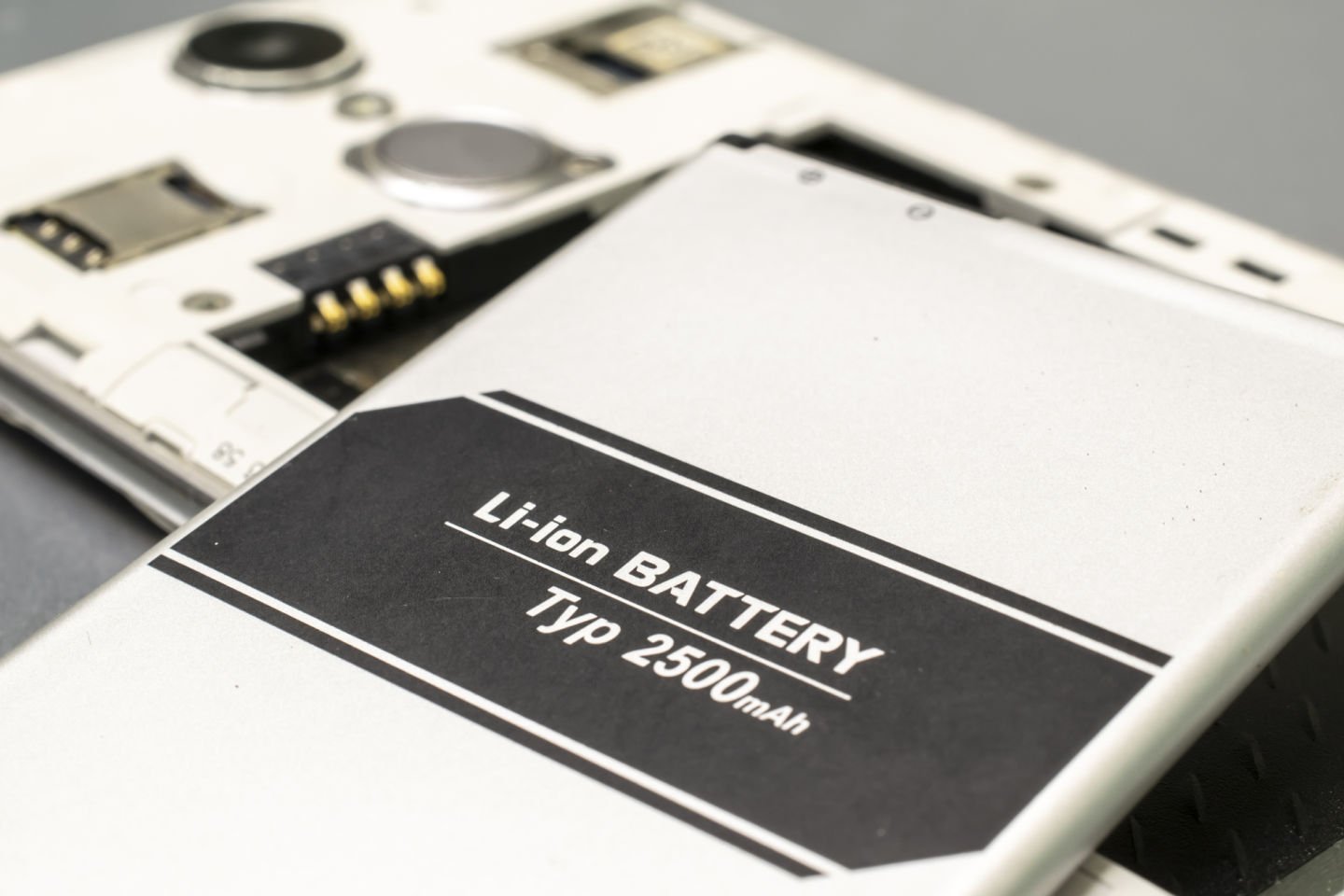How to stay safe when using batteries
Lithium-ion batteries are part of modern life, powering phones, appliances, and vehicles. But are they dangerous?

National warning
The Federal Government has issued a national safety warning notice about fire risks associated with recalled LG lithium-ion batteries installed in solar energy systems across the country.
The affected batteries risk overheating and this could start a house fire that could potentially injure or even kill occupants, as well as cause property damage.
The warning, issued on 20 November, noted that about 8,000 affected LG batteries remained at risk in homes across Australia. The affected batteries were manufactured by LG and installed in LG branded systems as well as in systems sold under other brands, such as SolaX, and in unbranded systems.
By 2026, every household will have, on average, 33 devices powered by lithium-ion batteries.
Right now, it seems that barely a day goes by without some news about a battery – be it for a phone, scooter, or even a car – left charging for too long that has burst into flames.
So, should we be concerned about so many batteries in and around our homes?
The consumer watchdog, the ACCC (Australian Competition and Consumer Commission), is warning consumers about rare but serious fire hazards from lithium-ion batteries and is asking consumers to choose, check, use, and dispose of the batteries safely.
These warnings are contained in the ACCC’s latest report.
Rechargeable lithium-ion batteries are contained in common household items, including most mobile phones, laptops, tablets, e-scooters, e-bikes, and power tools.
While incidents are rare, they appear to be increasing and are serious when they occur.
The batteries can overheat or explode if they are used, charged, or disposed of incorrectly or if they are damaged. Fires caused by the batteries can be dangerous and difficult to extinguish.
One Australian has reportedly died in a lithium-ion battery fire and the ACCC has received 231 product safety reports relating to this type of battery in the past five years. There have been 23 recalls affecting an estimated 89,000 products on the market.
Consumers should avoid mixing and matching chargers. Unplug products when they are fully charged, and charge batteries in a cool, dry place away from combustible materials like beds, lounges or carpet.
Check your lithium-ion batteries for overheating signs of swelling, leaking or venting gas and immediately stop using your product if these signs are present, the ACCC advises.
Lithium-ion batteries are more likely to catch fire when exposed to heat and moisture or crushed. These are common conditions in garbage trucks and household waste facilities.
Consumers should keep lithium-ion batteries out of household rubbish and check websites such as recyclemate.com.au and bcycle.com.au for information about safe disposal.
Information from the ACCC about consumer rights in the event of a dangerous battery is available here.
Further reading: ACCC, The Conversation, UNSW




